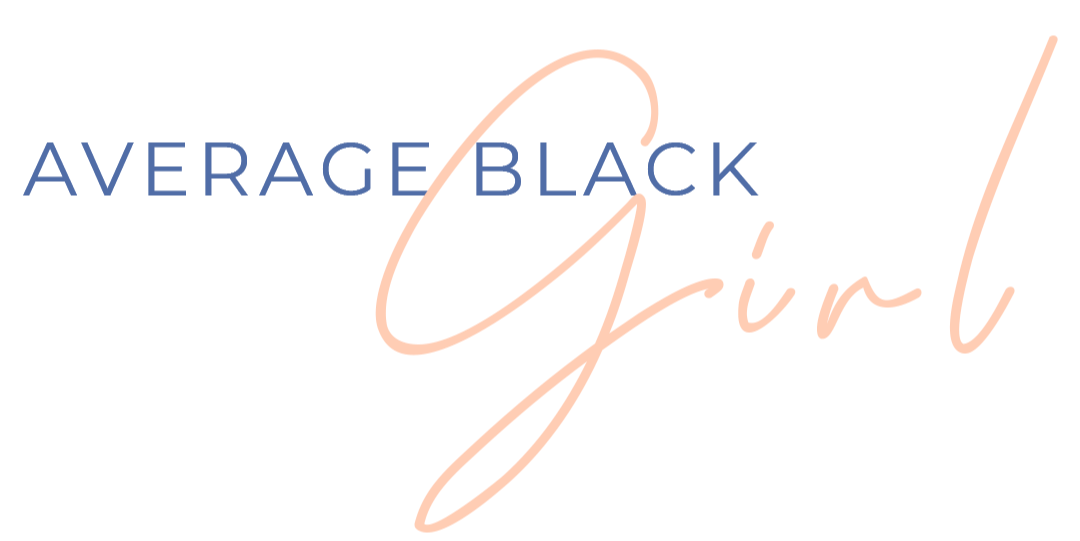The Georgia legislature has been trying to find a way to swindle its way into the school system’s pockets for as long as I’ve been following the General Assembly, and probably a lot longer than that. Governor Deal doesn’t have a great relationship with the Department of Education, I’m not sure if that’s just with the GA DoE or the DoE in general, but he has been wanting the legislature to take over its duties. The latest is the attempt to corporatize school the public school system, following the “school reform”/ opportunity model trend that has taken place in areas like Chicago, Philly, Newark, Tennessee, and many more, especially the latest fail, (but win for private pockets,) New Orleans. (Think about what all of those cities have in common.) Instead this attempt is called the Opportunity School District (OSD), and is “supposedly” proposed to the entire state. However, the schools that qualify are mainly in communities of color and rural areas, areas traditionally known for their educational disparities.
The idea that the GA is trying to convey is that these schools are failing and they have the means to help, by way of state government instead of federal Government (GA DoE). In actuality, all failing schools will be managed by private companies and corporations, that are managed by a statewide superintendent, who only answers to the governor. Not only that, the property tax will now go to these private organizations, taking money away from the schools within the natural school district that are not placed under OSD. Wording on the ballot and commercials are misleading, even to the point where Sen. Vincent Fort (D-Atlanta) and Rep. Dee Dawkins-Haigler (D-Lithonia) proposed a bill to change the language on the ballot of question one from:
Shall the Constitution of Georgia be amended to allow the state to intervene in chronically failing public schools in order to improve student performance?
to:
Shall the Constitution of Georgia be amended to allow an appointee of the Governor to take over local school operation, buildings, and control of all federal, state, and local funding if a school has low scores on standardized tests or for any other reason a future legislature may allow?
With Fort saying, “Regardless of what your position is, the language that a voter is confronted with in November ought to at least be truthful. It ought to at least represent what, in fact, the bill would do.” Which, as you may guess, did not pass. The PTA also got involved on the matter of language also: Georgia PTA: new school ballot language intentionally misleading
The Southern Education Foundation (SEF) and Annenberg Institute for School Reform recently (Dec ’15) released an informational publication, and mass printed it just in time for the election, on the OSD also known as Question (amendment) One on the Georgia General Assembly ballot. In its report, there is clarification on the specifics of the schools currently projected to be taken over by the OSD, and they’re not necessarily failing, they also give eight evidence-based recommendations that will actually improve OSD deemed “failing” schools.
- The Schools
All schools projected to be taken over by the OSD are of high poverty quartile, the majority are of high poverty and high minority quartile.
- The Solution:
The eight evidence-based strategies listed are: access to high quality early childhood and pre-k education; collaborative and stable school leadership; quality teaching; restorative practices and a student-centered learning environment; a strong curriculum that is rigorous, rich and culturally relevant; wraparound supports for students and their families; deep parent-community-school ties, and; investment not divestment. All of which have been recommendations from practitioners and parents for years. It’s as if now the state sees there is a problem, but only steps in to fix it when there is a proven profitable strategy out there that still leaves the students and communities struggling. These can be read in detail at Investing in What Works: Community-driven Strategies for Strong Public Schools – Southern Education Foundation where the full report can also be downloaded.
Anonymous





